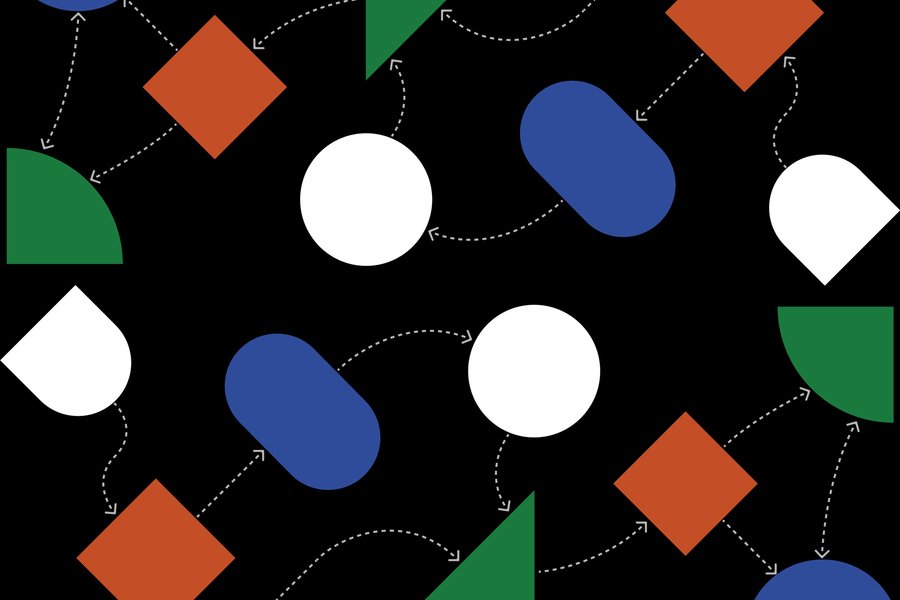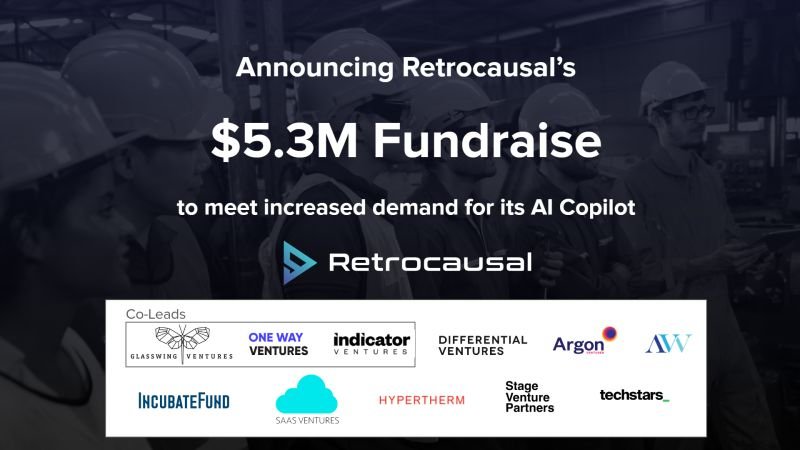Why We Are Giving Away $500,000 to Data Science Startups
In response to the COVID-19 pandemic, Differential Ventures decided to give away up to $500,000 in $25,000 grants to early-stage data science-oriented startups pivoting to adapt their technology to help cure the disease or help society recover from it. We received over 200 applications for the grant, met with 50 of the companies, and have awarded 10 grants so far. One of the most common questions we received during the applicant interviews was: Why? When your business model is about investing capital for equity, why are you giving money away to other people’s companies? The answer has to do with our understanding of the value of data science, the nature of early-stage investing, and the desire to help lead our industry, early-stage investing, through this crisis intact.
When people speak about developing a vaccine for a disease, they frequently cite the statistic that the fastest we have ever come up with a usable vaccine for a disease is four to five years. The silly thing about citing that statistic is, it comes from coming up with a Polio vaccine in 1955 and the mumps vaccine in 1967. I would hope that, given the relative state of technology between then and 2020, we have reason to believe that measuring ourselves against those standards is a poor yardstick.
The main difference in the state of scientific technology since the 1950s and the 1960s is information technology. Computers in the 1950s ran at the equivalent of under 2000 floating point operations (flops) and were far from broadly available. In the 1960s, supercomputers could perform 4 megaflops. Today, desktop computers can approach a teraflop (10^12 flops) and our fastest supercomputers can perform 10 petaflops (10^16 flops). Increases in data storage are similarly striking. And with those advances, data, machine learning, and complex computational algorithms are far more advanced than what we had in 1955. Data science is one of the best weapons we have against COVID-19, and we certainly shouldn’t be measuring ourselves against the relative neanderthal tools of 65 years ago.
Helping find a cure for COVID and deal with the aftermath of the disease is only one way data science and information technology can help society during these challenging times. While we wait for a prophylactic solution to the disease, we are forced to observe social distancing rules. We can’t be with other people physically, but for economic, social, and psychological reasons, we need to stay connected to others, and stay productive, occupied, and entertained. Social media, internet commerce, video conferencing, and remote working solutions all play vital roles in keeping our society operating during physical lockdown. Distance learning platforms and other education technology products are vital for advancing our children’s educational progress, as well as keeping them occupied, while parents try to adapt their work patterns to remain productive. Even video streaming services are critical to helping us maintain our sanity through the lockdown. Imagine how much worse off we would be if this pandemic lockdown occurred 5 years ago, 10 years ago, or longer. No work meetings. Nothing but voice contact with friends and relatives. No school. No new movies or TV. As a data privacy advocate, I have grave concerns about information technology and the negative ways it has infiltrated society. But there is no question they are a godsend at a time where physical contact isn’t possible. (After years of boycotting it, I even rejoined Facebook!)
Data science and information technology are incredibly valuable, but huge corporations that provide these services are more than adequate for meeting our needs, right? As we learned from the grant proposals we received, there are an extraordinary number of ways data science startups can help, and are helping, to find the cure for COVID and help deal with its societal impact. There are companies giving away access to their biotechnology research tools (databases, 3D visualization tools, modeling platforms) to help pharmaceutical researchers do their jobs faster. Some of those companies even adapted their software solutions, spending valuable time and resources to hone these tools to be even more effective for COVID-19 research. There are startups building inexpensive ventilators for third world countries, and others building cheaper and faster virus and antibody tests. There are companies adapting social networking tools to work as contact tracing systems. There are edtech startups adapting their systems to focus on the new modalities of education today, as well as helping provide tools to teach children and adults about how to function in a COVID-19 infested world. And this is just a sample of the submissions we received for our grants. The response was inspiring, and it completely reinforced our belief that data science, machine learning, and information technology are key tools in helping us survive and get through the other side of the COVID-19 pandemic crisis.
But how do we unleash the power of data science on this lethal disease? And how do we make the palliative impact of information technology tools available to people who need them now? We believe the solution lies with the genius, ingenuity, and doggedness being harnessed by the founding teams at early-stage data science startups. Data science startups tend to be founded by some of the best engineers at top research and commercial laboratories. They have the initiative to break away from the pack to create their own product and sell it. And they have the drive and determination to succeed. (At least 33% of them do, if you trust statistics. But I digress.)
Sure, the Googles and Microsofts of the world have more resources - human, technological and financial - to solve these problems. But they also have international businesses to run, hundreds of thousands of employees to manage, and product lines with billions of customers to support. And early-stage startups have their best engineers.
We also know that, whether their investors like it or not, early-stage startup founders are going to look around the world, realize that their products, if properly adapted, could help the world deal with COVID-19, and feel compelled to do something about it. Unfortunately, this altruistic impulse couldn’t come at a worse time from an investor’s perspective. Early stage startups are at great risk to fail unless they can push to get enough revenue to replenish burned capital, and COVID-19 is certainly going to jeopardize those revenue streams. On page 42 of the startup handbook, global pandemics are highlighted as a top reason to reduce your burn rate and focus on stretching out your runway. It is not a time to divert critical resources to solve an off-road-map problem. But that is in fact what many startups have done.
And that’s where the Differential Ventures COVID-19 Grant Program comes in. We want to reward those founders for making the tough choice to divert resources to help the world grapple with the fallout from COVID-19. We want to help our colleagues at other venture investment firms, whose companies are making this choice, to feel good about their choices. Venture investors who invest in good people who feel compelled to help the world shouldn’t have to endure losses when those good people come through with that help.
We also want to tell the world what we at Differential Ventures are about. We say it all the time: venture investing is about investing in founders. A great founder can’t save a bad idea. But a great founder is necessary to make a good idea into a successful business. And being a great founder usually also means being a good person. In order to fight COVID-19, as a society, we need good people doing good things with their talents and resources. The best early-stage startups are populated by these good people, with teams of brilliant engineers, scientists, and product developers behind them, and we need those people to be free to focus their teams on helping the world solve the problems created by COVID-19. The best of them will do it anyway, and we want to reward them. And we want to set an example that, in the future, faced with a similar crisis, we need them to do the same thing again, and have faith that their efforts will be rewarded by someone, so they can get back to succeeding in their core business when the crisis is over.
In the weeks and months to come, we will report on the COVID-19 Grant Program, summarizing the submissions, announcing all of the winners, and tracking the progress of the projects undertaken by the grant recipients. But we wanted to explain why we did this first, because we want to recognize the sacrifices these startups have made in answering the call to arms resulting from COVID-19, and we want to shine a positive light on the venture capital community, since it is our investments and faith in these startups that have put them in a position to have a positive impact.





























